

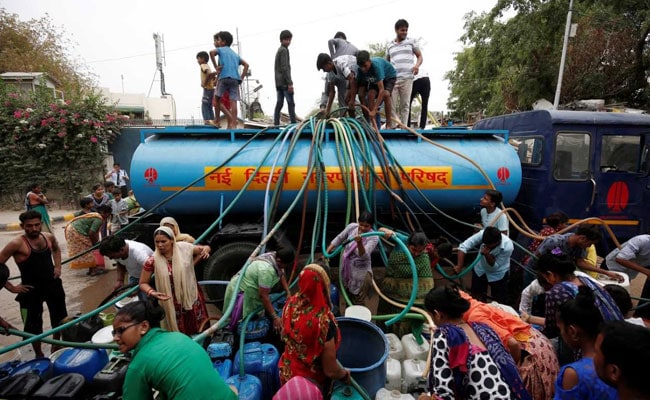
The Delhi Jal Board has announced that residents in several areas of Delhi will experience disruptions in water supply due to major repair work. The Delhi Police Commissioner has also imposed prohibitory measures under BNS, including a ban on protests and gatherings, due to communal tensions and ongoing issues with the Waqf Amendment Bill, Shahi Idgah, and the MCD elections. Meanwhile, Delhi police have detained 125 protestors from Ladakh, including prominent climate activist Sonam Wangchuk, at the Singhu border. Wangchuk was leading the "Delhi Chalo Padyatra" to Rajghat on October 2 to commemorate Gandhi Jayanti, but was detained citing prohibitory orders.
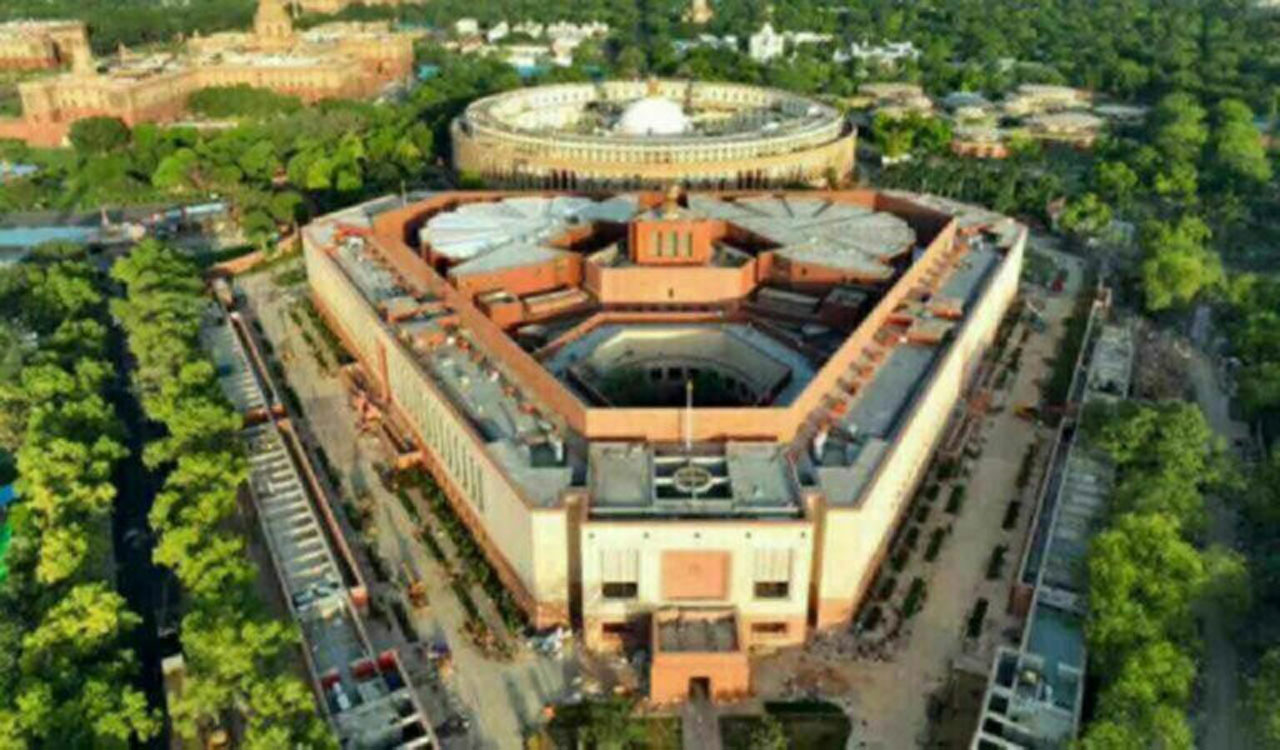
The Telangana State Waqf Board has become the first board in the country to oppose the Waqf Amendment Bill 2024, which it deemed as unconstitutional. The board, led by Hyderabad MP Asaduddin Owaisi, unanimously rejected the Bill and condemned its divisive agenda. The meeting also resolved to meet with the Joint Parliamentary Committee to present their opposition and concerns about the proposed amendments. They also expressed their gratitude to Chief Minister A Revanth Reddy for his support. The board believes that the Bill is an infringement on several constitutional rights and aims to destroy the autonomy of Waqf institutions.
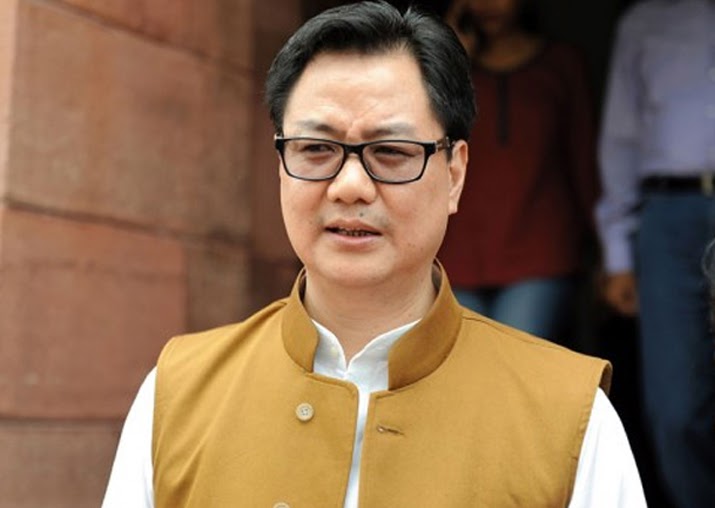
Union Parliamentary Affairs Minister Kiren Rijiju has proposed the formation of a 31-member Joint Parliamentary Committee (JPC) to examine the Waqf (Amendment) Bill, 2024. The committee, comprising 21 Lok Sabha members and 10 Rajya Sabha members, will be responsible for reviewing and assessing the proposed bill. Notably, prominent politicians such as AIMIM chief Asaduddin Owaisi and Congress MP Imran Masood have been appointed to the committee.
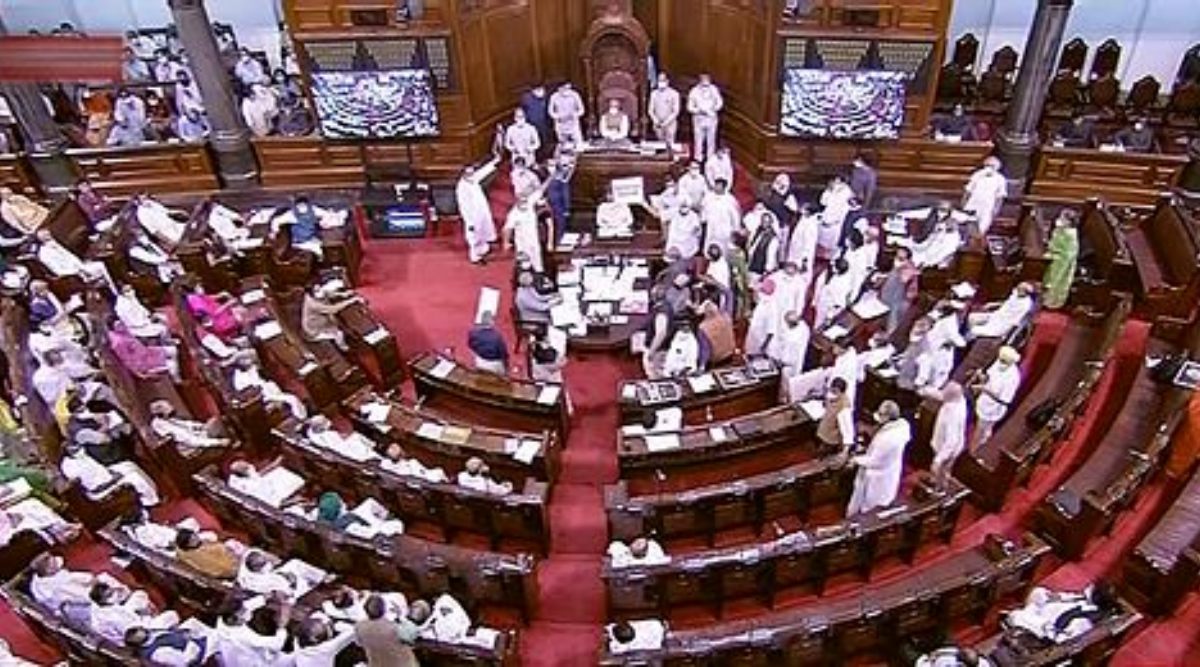
The government tabled the Waqf (Amendment) Bill in Lok Sabha and amid opposition from various parties, has agreed to refer it to a joint parliamentary committee for scrutiny. The bill proposes 40 amendments in the Waqf Act, 1995 and has caused widespread confusion among Muslims. The opposition parties have alleged that the government's intentions behind the bill are not genuine and it is a measure to acquire Waqf properties. However, Union Minister for Minority Affairs Kiren Rijiju has defended the bill and stated that it aims to give more rights to economically weak Muslims. This is not the first time the Waqf Act has been amended, and there have been calls for amendments since its inception in 1976.
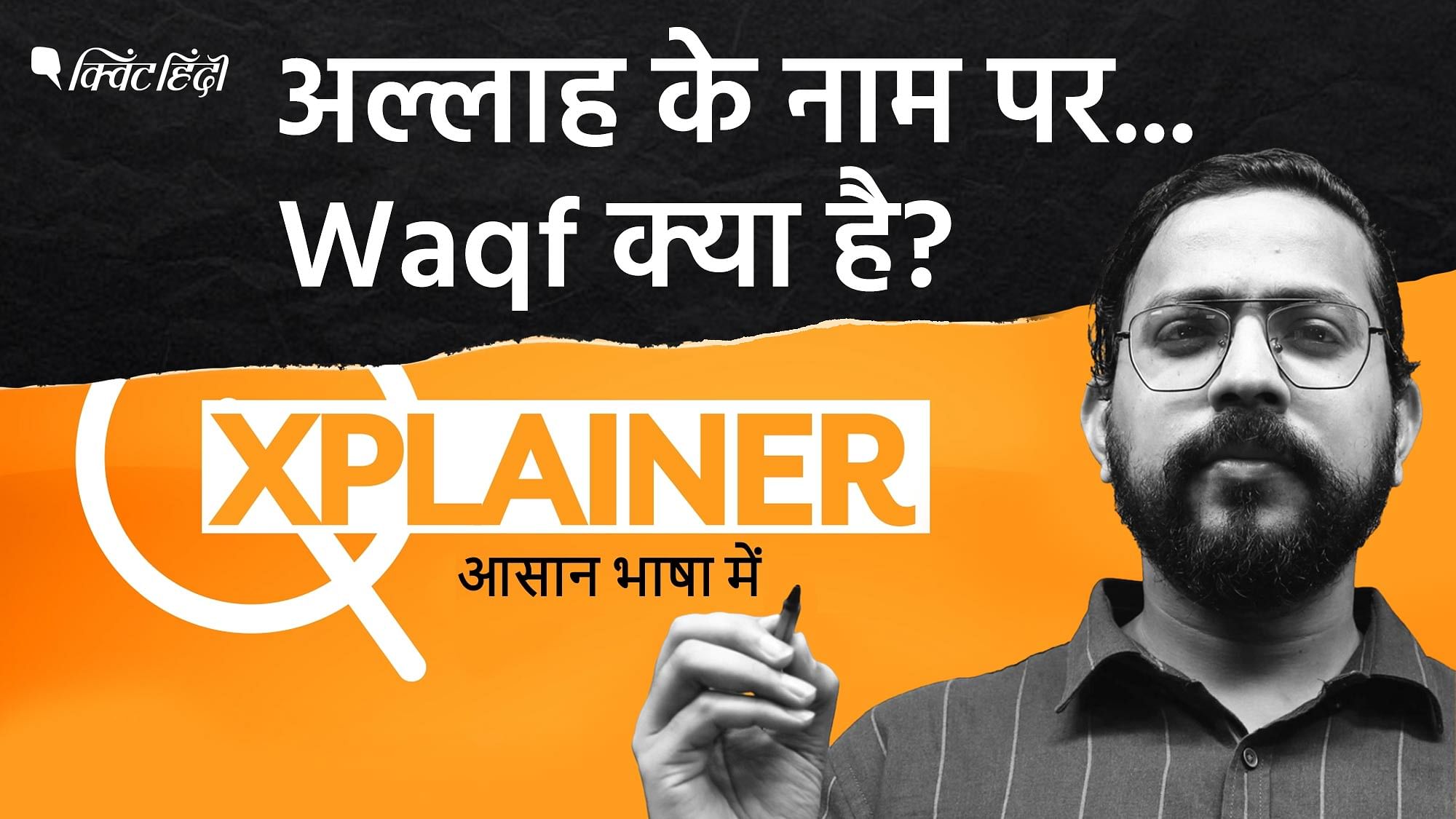
In a move to rename the current Waqf Act of 1995, the Waqf Board Amendment Bill, 2024 was tabled in the Parliament by Minority Affairs Minister Kiren Rijiju. The bill has now been referred to a joint committee for further deliberation, amidst criticisms from various parties. The bill aims to establish a Central Waqf Council and give the district collector the power to determine the ownership of disputed lands, sparking concerns over interference in religious affairs.
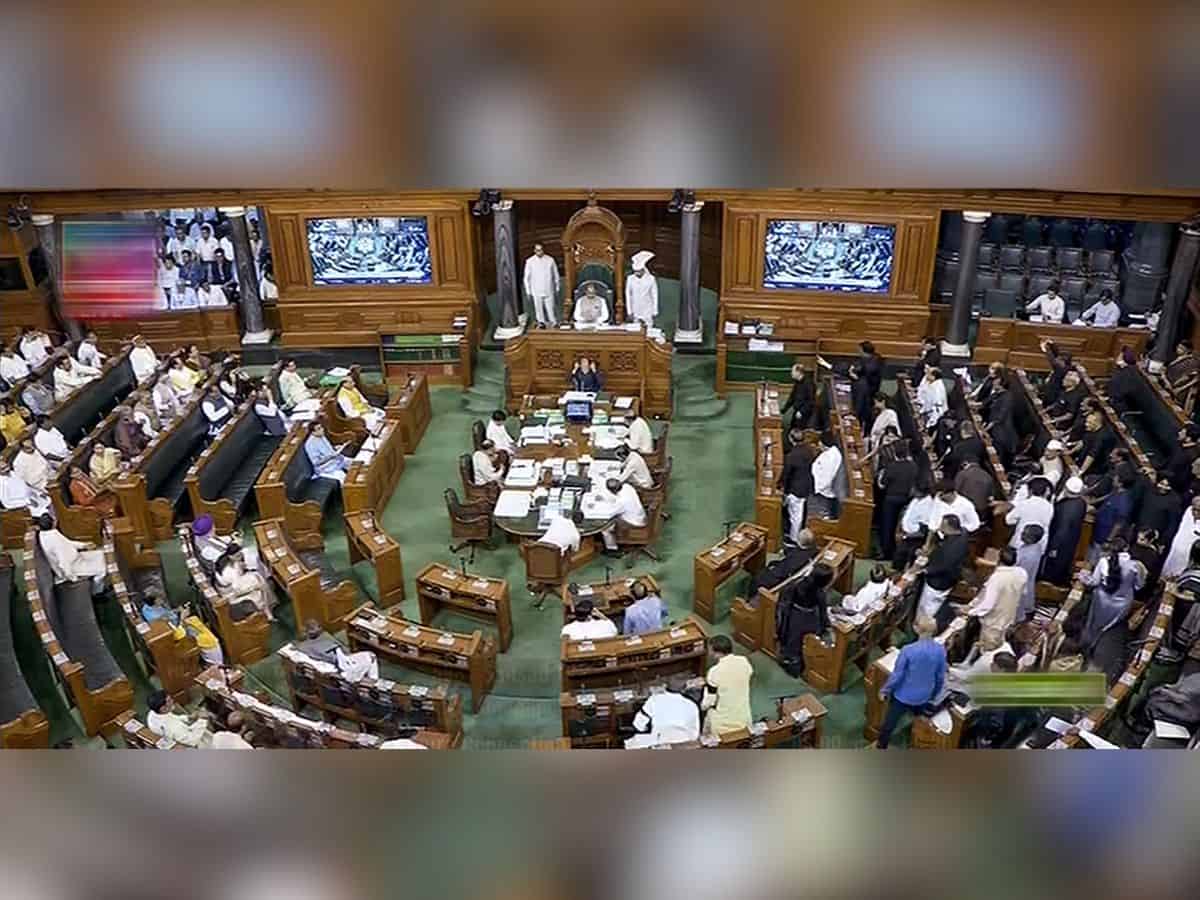
The Central government is set to introduce the Waqf (Amendment) Bill in the Lok Sabha today aimed at restricting the powers of the Waqf board and ensuring the participation of Muslim women and non-Muslims. The bill seeks to repeal Section 40 of the current law, which governs the board's authority to classify Waqf property. This legislation has been in development for the last few years and has involved meetings with various stakeholders such as community members, eminent jurists, and lawyers. With government-owned entities like railways and defense being the top two landowners, the proposed changes in the bill are crucial in managing Waqf properties.